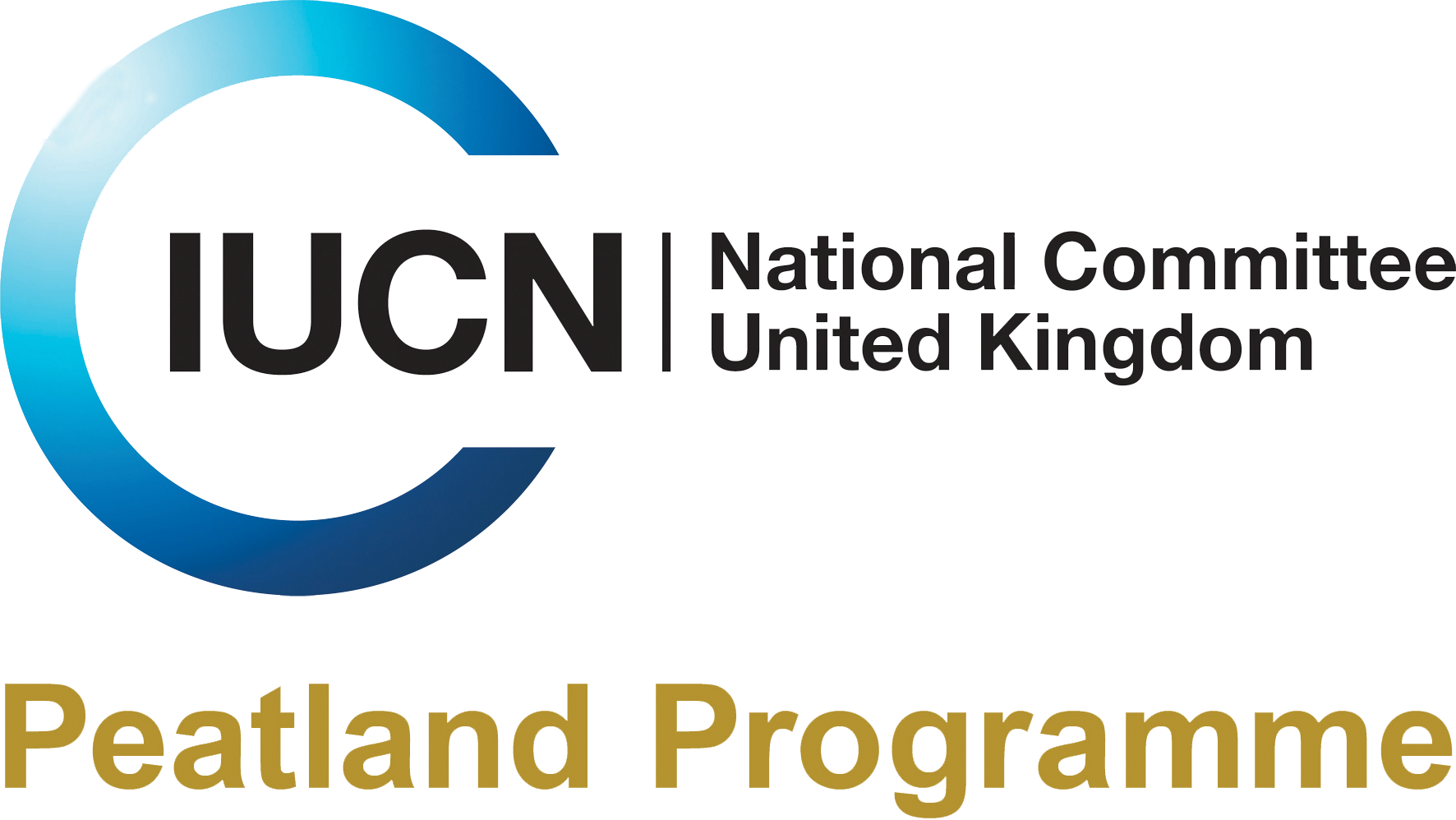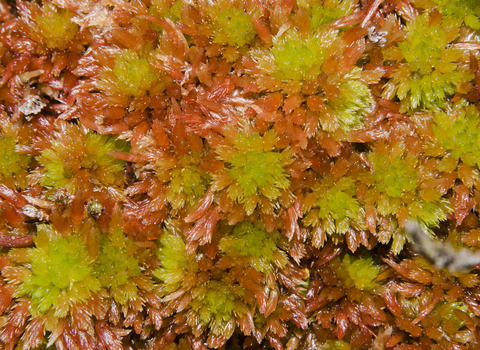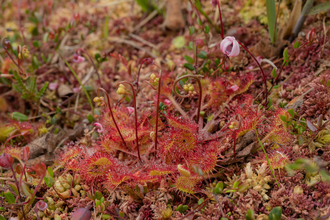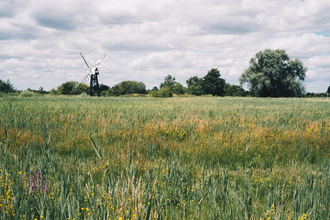
The Peatland Code governance structure is made up of a Technical Advisory Board (TAB) and Executive Board (EB) which each have terms of references in place to confirm appointment, membership, and frequency of meetings. Members are required to declare any conflict of interest when joining which is then reviewed annually as part of the IUCN UK Peatland Programme conflict of interest policy. To ensure transparency, membership and meeting minutes are published and can be viewed on the TAB and EB webpages.
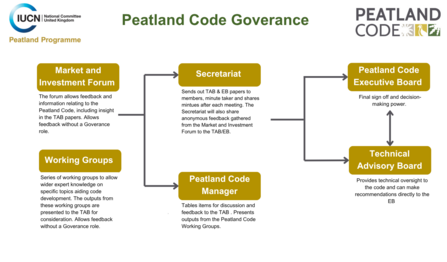
How decisions are made
The Peatland Code Manager prepares discussion papers with specific questions or ouputs from Working Groups for the Technical Advisory Board (TAB) members to review and comment on. Two weeks before the TAB meeting, the secretariat emails these papers to the TAB members and shares them with members of the Market and Investment Forum for feedback. Any feedback received is shared anonymously with the TAB members. All questions, actions, advice, and feedback are recorded internally in our decision-making log.
Following a TAB meeting, the minutes and actions are circulated to the members before being published on the website. The advice from the TAB is then presented to the Executive Board (EB) for comment and final sign-off. This process is followed for any new versions, methodology or process changes within the Peatland Code. Methodology changes and version updates will go to a 30-day public consultation period after approval by the EB. For more information see our Public Consultation page.
Peatland Code Working Groups
As part of the Peatland Code’s commitment to continuous improvement, we are launching a new series of Peatland Code Working Groups. This to allow for a wide range of experts to advise on specific topics to ensure the Peatland Code remains accessible and robust. The outputs of these working groups will be presented to the Peatland Code Technical Advisory Board and the Executive Board for decision on implementation of the outputs of the working groups.
The first working group will focus on Verification and improving the pre-verification survey methodology, including exploring the optional use of drones in the verification process.
Meetings scheduled:
- Thursday 13th November 9:30 - 11:am
- Wednesday 26th November 12:30-2pm
- Wednesday 10th December 2:00-3:30pm
Grievances and appeals
The IUCN UK PP is committed to ensure that the grievance and appeal process is as transparent and fair as possible.
For information on how to make a grievance or appeal a recent grievance see here.
